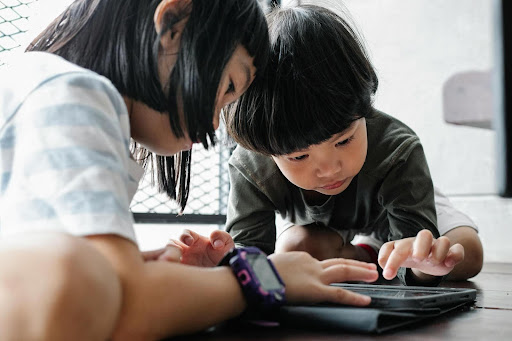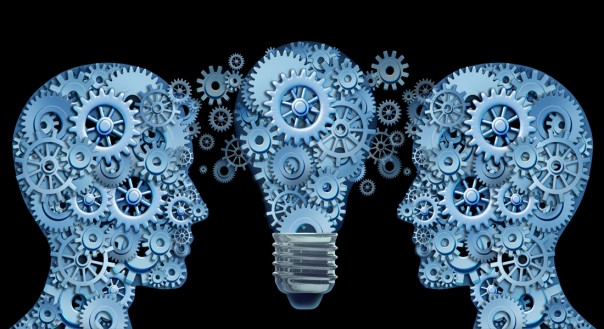Is paper really mightier than the keyboard?
Using technology wisely can help us unearth new skills and strengthen classroom learning.
April 7, 2016
A recent school survey has revealed our rising preference for laptops over paper. If the existence of paper is declining with our increasing dependence on technology, it is possible that in the near future the mere existence of paper may vanish.
Although the results of the survey show that the majority of students still prefer paper, the difference is marginal with merely a 13.6% of students preferring paper over laptops.
We are all probably aware of the destructive potential laptops hold. Distraction and procrastination is now at our fingertips, or should we say, our keyboard. Nicholas Carr, a distinguished nonfiction writer and author of “The Shallows: What the Internet is Doing to Our Brains” has emphasised that as we begin to continuously sort through the intricate network of hyperlinks and multiple tabs, our multitasking capacity increases, but at the expense of more “shallow” thinking. Our brain isn’t optimized for task-switching because we have been genetically engineered to make intelligent and lasting decisions based on our physical interactions with body and paper. Even a 2003 Cornell experiment has suggested that paper may be more effective than computers.
Moreover, compared to paper, people are more prone to stress when using laptops. Many computer users often suffer from eyestrain or dry-eyes after they use a computer. This is because computers have digital screens that emit blue light, which is harmful to the eyes. However, there are many ways to prevent these physical effects of using computers. When we purchase new glasses at glasses stores like JINS or Zoff there are often posters that say, “Zoff PC Ultra cuts 50% of the blue light emitted from your computer.” As we live in an era of rapid technological development, there are many tools that are being built to try and counter the negative effects that arise with new technology. Other than glasses, there are other ways to prevent one from ruining one’s eyes. Notable brands like Elecom and Digio have produced films to put on your computer screen that reduce blue light.
Despite its negative consequences, there are many cases in which the keyboard can be mightier than the pen. As Steve Jobs said, “Computers themselves, and software yet to be developed, will revolutionise the way we learn.” One way computers can achieve this is with the various educational and interactive tools supplied by the internet.
Instead of hauling around textbooks and sorting through each page to find a specific section or a particular topic, sites like Learnerator offer easy access to thousands of credible exam questions. Chemistry teacher, Ms. Niedorf said, “Let’s say you borrow an SAT or AP (Advanced Placement) textbook. You go through the entire test, making the same mistakes over and over again, and in the end, when you grade your paper and see the number of red x’s, you become overwhelmed and panicked.” Ms. Niedorf supports websites such as Learnerator because “they provide immediate feedback to your response, so you know what you got wrong and why you got it wrong. You can fix your misconception before you move on to the next question.” After Learnerator was introduced to Sacred Heart, many of the teachers have been using it to identify specific aspects students need to study more.
Despite its conveniences, testing on computers may seem like an easy way to cheat. However, according to MIT, it is safe and convenient to administer online forms of student assessment. For example “low-stake quizzes” ensure that students complete the reading for the day. Or even essay tests can just be short quizzes summarising or answering a question on the readings. Group quizzes can be a way for students to think and talk about the material. This study claims that “these forms of assessment render cheating unnecessary, too difficult, or not worth the effort.”
We have followed the evolution of writing tools from the clay tablet, papyrus, wax tablet, paper and now the keyboard. Although computers are accompanied by certain risks, using them wisely can help us unearth new skills and strengthen classroom learning. As we learn to recognise the value of computers, we can perhaps move into a “bi-literate society”, one that places importance on both the digital and printed world.















































